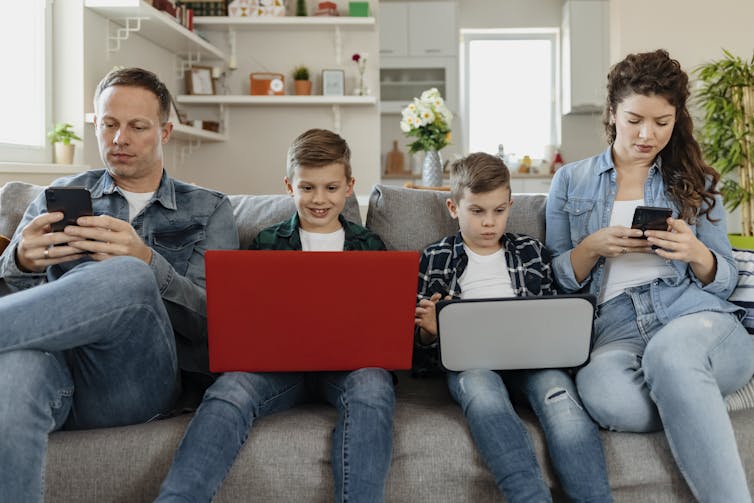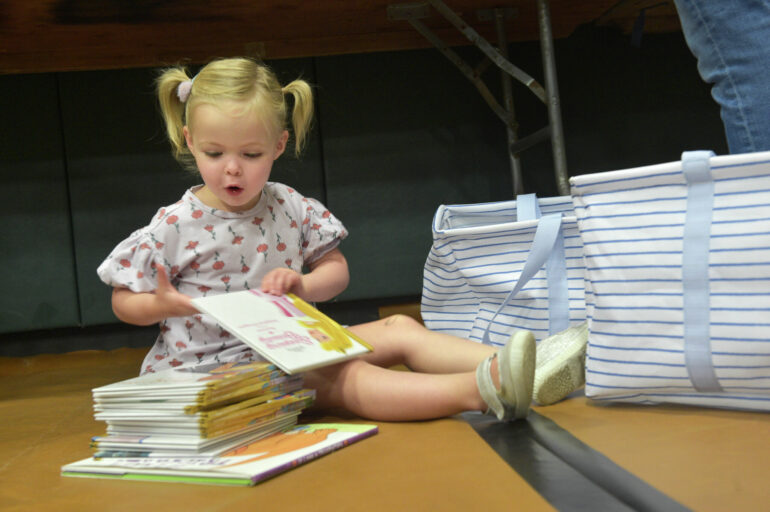What parent hasn’t been there? It’s been a long day, you still have dinner to make, maybe lunches for tomorrow too, and you just don’t have the energy to wrangle your kids into a new art project or plead with them to pick up a book.
Instead, you give in when they beg for more iPad time. Or maybe they promise they’ll do their homework after just a few more YouTube videos, and it’s easier to agree than have another argument. Now you’re not only exhausted, you feel like a bad parent too.
If this resonates with you, you’re not alone. Concern over how – and how much – their children are using media is a common source of parental guilt, which makes sense given the reputation of screen use as a frivolous waste of time, with no intrinsic value. So even if people are on their screens for a great reason – to relax, for example, or otherwise manage their moods – they are inclined to feel guilty about it. And this guilt undermines any stress-reducing benefit they might have otherwise enjoyed.
But as unpleasant as this guilt is, the good news is that those feelings, if you listen to them, can help encourage healthier choices for you and your kids.

Screen use is a part of modern life for most people.
PixelsEffect/E+ via Getty Images
Parental guilt over child screen use
Studies, including from my own media research group, have found that screen media use is among the most common tools that people of all ages use to decompress, relax and enjoy themselves.
But parents worry about their kids’ screen use and for good reason. Without adequate management, screen time can too easily get out of hand, raising concerns about negative outcomes, such as compromised sleep, increased obesity risk, reduced academic performance and mental health challenges.
So here’s the dilemma. Well-meaning parents set various rules to protect their children from the harms associated with too much screen time. But research shows that most parents break those rules. If a child is sick, why not let them play several hours of video games? Maybe you plop your child in front of the TV to keep them busy while you sort laundry or hop on a work call.
So what happens when you break your own rules – especially when those rules are in place to protect your children? You’re primed to feel guilt, and because guilt is its own form of stress, this dynamic sets up tension that can be unhealthy for both parents and kids.
The downside of parental screen guilt
The COVID-19 pandemic, when media use of all sorts increased among all demographics in the U.S. and internationally, gave my research team a unique opportunity to study the guilt that parents feel over their children’s screen use.
Our research considered how the sudden and substantial increase in screen use at the onset of the pandemic affected how parents felt about their relationships with their children. We surveyed parents in March 2020 and another group of…



